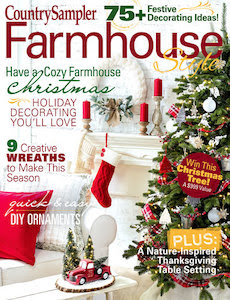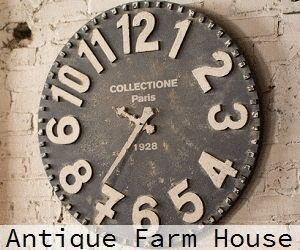My most recent obsession involves vintage Rose Medallion porcelain. Once I became hooked on these unique, stunningly designed pieces, I looked into their origins and subsequently put together a brief overview of the history of Rose Medallion porcelain.
After learning about the history of Rose Medallion porcelain, and seeing its exquisite colors and details, I'm confident you'll love it just as much as I do!
My first purchase of Rose Medallion porcelain consisted of these two finely
detailed porcelain egg cups. I got them at a consignment store for $1.00
each! I love the gorgeous colors, as well as the finely painted details,
especially around the inside rim.
Knowing of my newly acquired interest in Rose Medallion porcelain, one of my daughters purchased a vintage Rose Medallion dinner plate at an estate sale for me for Mother's Day. I was super excited to receive it and add it to my egg cups, starting a real "collection" of Rose Medallion porcelain!
Rose Medallion is a porcelain pattern from the 1820's. It was produced for the Chinese export market and sold to European and American buyers. As part of the Famille Rose style, it generally uses overglaze low-fired enamel paints in pink, green, blue, eggplant, and yellow.
The pattern features a medallion in the center, usually depicting a bird and/or a peony (ironically not a rose!). My plate has both the bird and the rose colored peony in the center.
In addition to the center medallion, there are usually alternating panels showing people, followed by panels displaying flowers, fruits and birds.
The "rose" in the name refers to the pink color of the peony, which also
happens to be China's national flower! While I was initially drawn to these
pieces due to their unique color palette, I find it ironic that the rose
colored flowers are peonies -- since peonies are some of my favorite
flowers, next to hydrangeas and ranunculus.
The most valuable Rose Medallion porcelain was produced between 1820 and
1870.
These pieces have the most artistic designs and details. The colors are
more vivid than modern-day reproductions and the patterns are clearly hand
painted (unlike modern stenciled patterns).
Coincidentally, as I displayed these Rose Medallion pieces for
this photo shoot, one of our peony bushes started to bloom! So I
thought: why not display the (nearly) pink peony next to the Rose Medallion
plate?
I used a thrifted chinoiserie tea pot as the vase for my pink garden
peony.
Important caveat: Since Rose Medallion porcelain was not
manufactured according to today's modern safety standards, it is not
food safe! But that shouldn't dissuade you from proudly displaying it in
your home. Since they are super sensitive to scratches, be sure
to handle them carefully and hand wash them with gentle soap and water
only (sorry, no dish washer!).
As for maker's marks (which can help determine when a piece was
made), Rose Medallion porcelain pieces were generally not marked until 1891,
when the United States required that imported pieces be stamped with
"China." After 1919 the mark was changed to read "Made in China." While neither my Rose Medallion plate nor the Rose Medallion egg cups have
maker's marks on them, I doubt that either were made before 1891. Dating any
piece of porcelain according to maker's marks (or the lack thereof) is an
inexact science at best!
My small Rose Medallion collection is currently displayed on my thrifted vintage Queen Anne Pennsylvania House buffet in the living room. In case you hadn't already noticed, the Rose Medallion pattern goes well with chinoiserie prints as well! Lucky for me I have a ton of chinoiserie pieces I can experiment combining them with -- such as my DIY chinoiserie plate wreath, among others.
I'm already looking forward to finding my next piece of Rose Medallion porcelain!
Well, that's it for today, friends!
I hope you've enjoyed reading about my
Vintage Rose Medallion Porcelain
and that I've inspired you in some way.
Be sure to stay in touch:









.jpg)






.png)











Leave a Comment!
I love the light colors in the cups and plate. They are so pretty. Have a great week. Hugs. Kris
Post a Comment